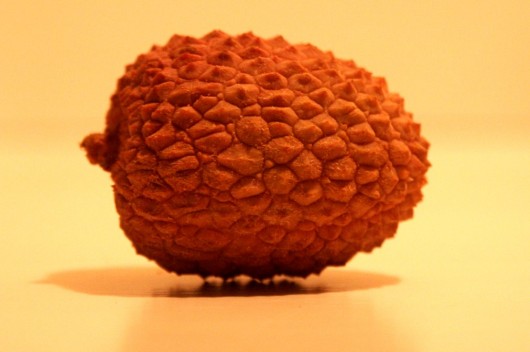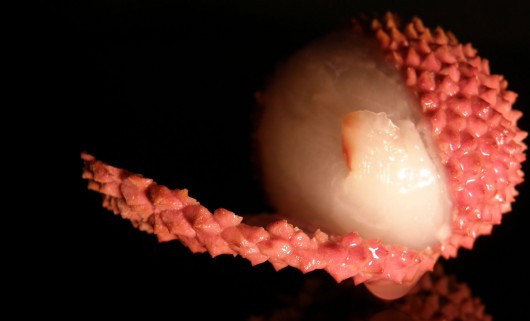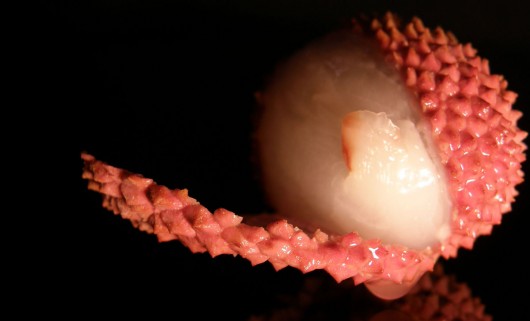Best Lychees For Lychee Juice And How To Choose Them
Lychees are members of the soapberry family and are native to southeast Asia and southern China. These delicate sweet fruits used to be hard to find in Western markets. Now it’s available occasionally in specialty stores. Not every lychee you see is in good condition, though. The best lychees for juicing or eating fresh are plump, ripe and unspoiled, but many supermarket fruits haven’t fared well on their trip from Asia. Choosing good quality lychees can help you get great tasting juices.
Appearance
Fresh lychee fruits should have a rosy blush to their shells. This kind of fruit doesn’t get any riper after it’s picked, so green lychees will always taste sour and under-ripe. Avoid lychees that have soft areas or brown spots on their shells, since this indicates spoilage. The fruit should feel heavy for its size. Ideally, the shell will be relatively soft and pliable, with a little spring to it. Hard, brittle shells indicate that the fruit has dried out. Shells that are too malleable or that feel mushy can indicate a spoiled lychee inside.
Lychee Fruit Quality
Inside the shell, the best lychees for juicing are moist and large. The fruit should be white to cream in color and slightly translucent. Fresh lychee pulp fills out its shell well. Any lychee that seems to rattle when shaken or that has a lot of air under the shell is old and may be dried out. Avoid these fruits. If you encounter a lychee that seems brownish or that has opaque flesh, discard it. Discolored lychees are often spoiled and will affect the flavor of your juices.
Fruits Similar To Lychee
Lychees are often mistaken for the similar longan fruit. Longans are often sold on the branch just like lychees. They also have a pale, sweet pulp inside a flexible shell. Longans are smooth-skinned with a brownish shell, however, where lychees tend to be pebbled and reddish. Longans also often have a musky flavor that’s considered an acquired flavor. They can change the taste of a batch of lychee juice and could be an unpleasant surprise for people who expected the fresh, sweet taste of lychees.
How To Store Lychees
Storing lychees incorrectly can affect their suitability for use in your juicer. Ideally, fresh lychee fruit should be placed in a plastic bag and kept in the refrigerator. You can store lychees for up to about ten days, but any fruit more than about a week old starts to decrease in quality.
If you purchase lychees, make sure to juice them quickly. When that’s not possible, consider freezing the fruit for later use in the juicer. You can freeze these fruits by washing them and placing them in individual containers or by removing the shells and packing the pulp in a sugar syrup at about 50 percent solution. Frozen lychees will store for up to a year and can be juiced immediately after thawing.



